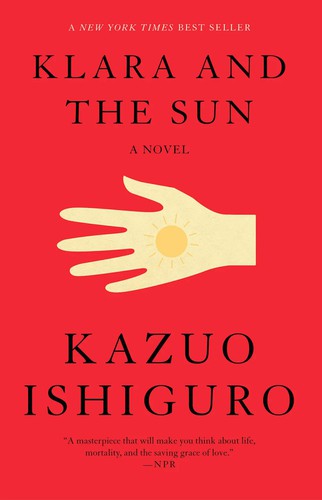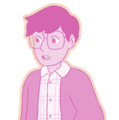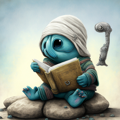Noisy Deadlines reviewed Klara and the Sun by Kazuo Ishiguro
Missed Opportunities
2 stars
The premise is beautiful, it hints at deep reflections about being human, but it didn't work for me. The dialogues were super weird and unnatural, they really bothered me. I missed more exploration of the technology behind the Artificial Friends (AF) and how they worked. Was Klara all mechanical? Was she an android? I wasn't convinced that AF's would find mystical significance in the Sun. The story hints at several themes but never really goes deep: environmental pollution, empathy, robots taking over human jobs, loneliness, gene editing, social class privilege. The plot is super simple and predictable, and the ending was very bleh. Probably not my thing.







